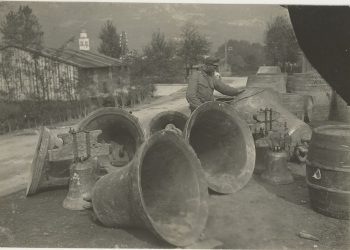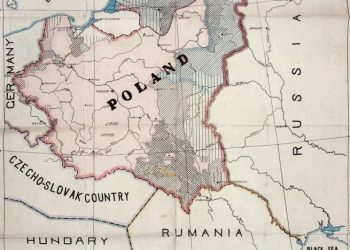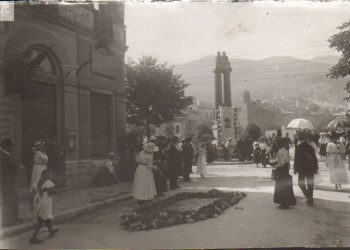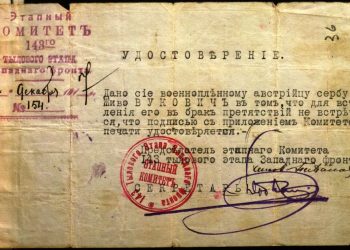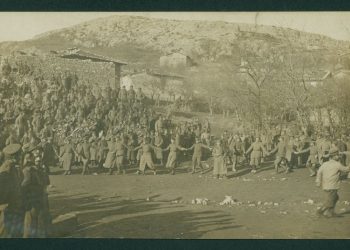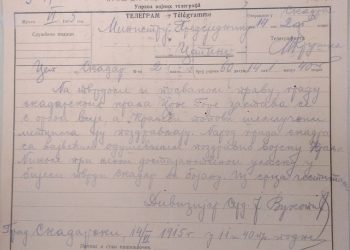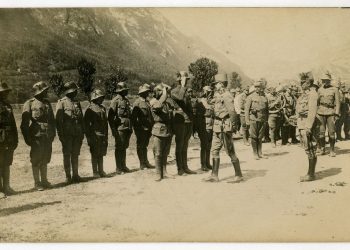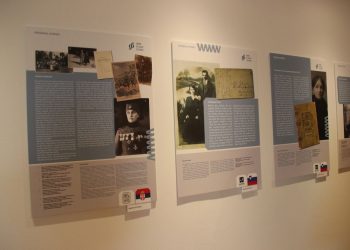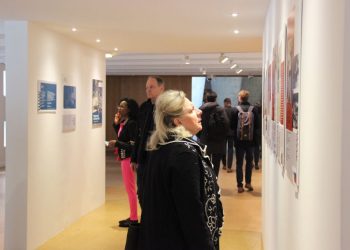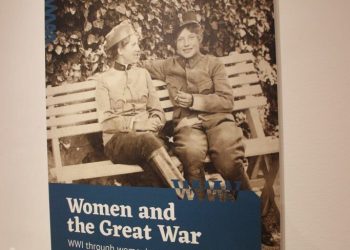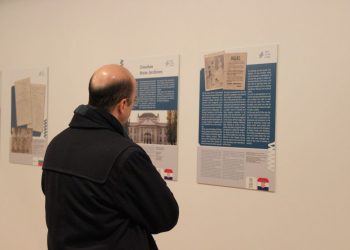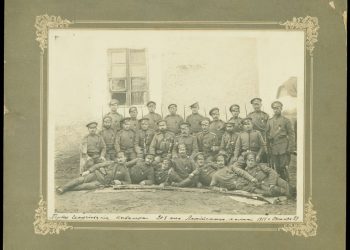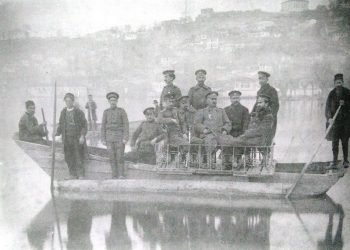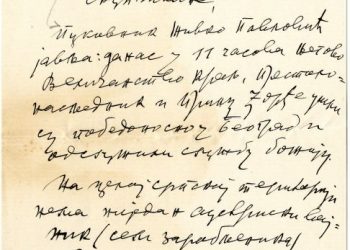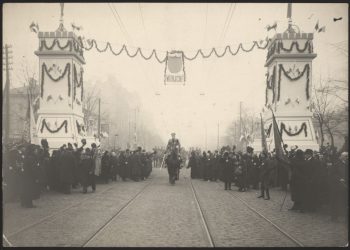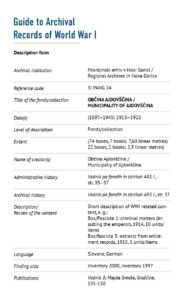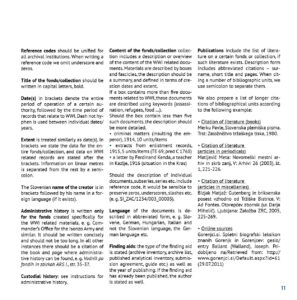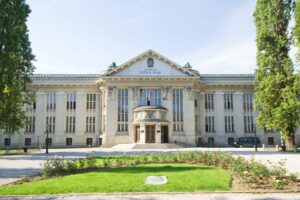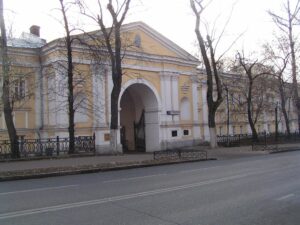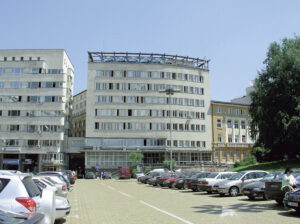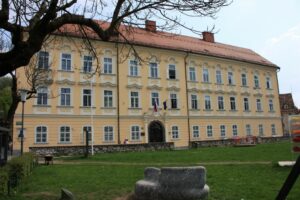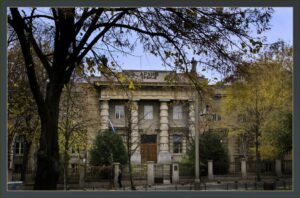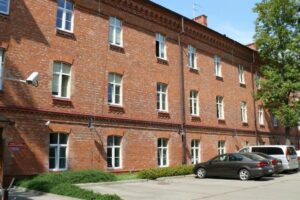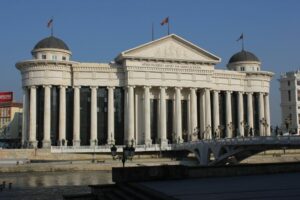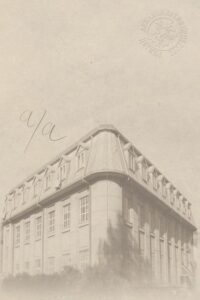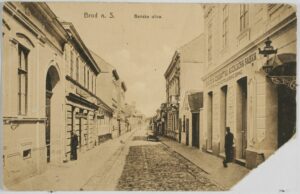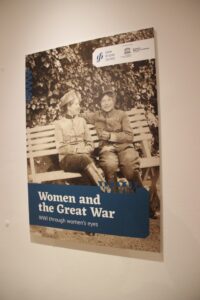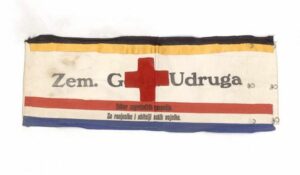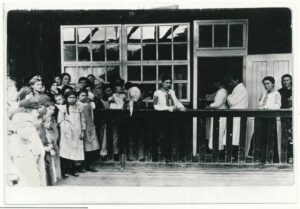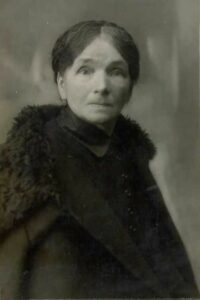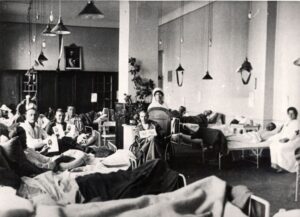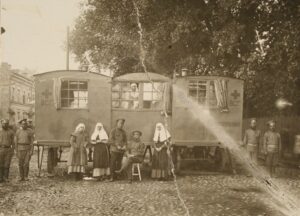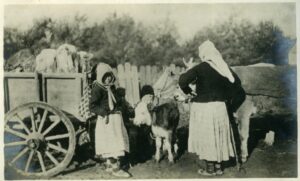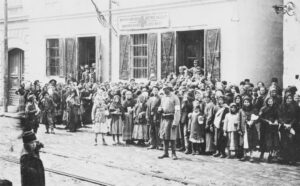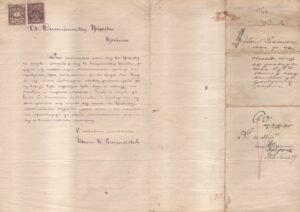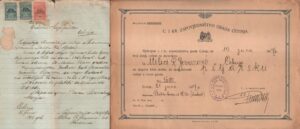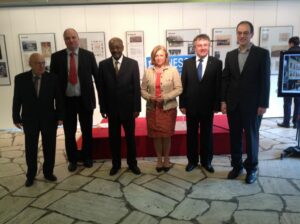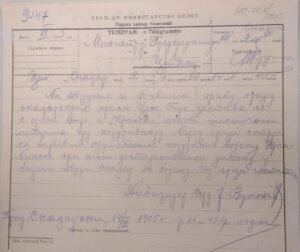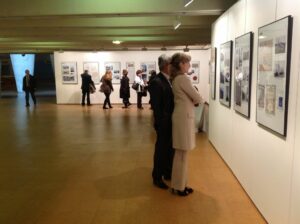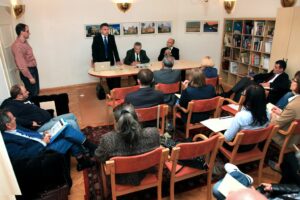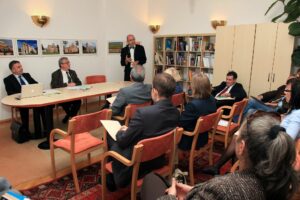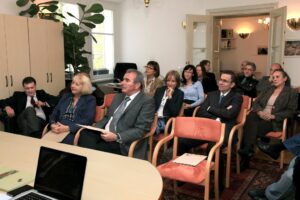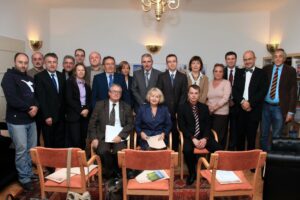Together
Joint efforts and initiatives evolved into three principal activities:
- digitization of archival material streamlined into a single system as a Guide To Archival Records of World War I,
- a register of archives in Slavic countries and,
- the exhibition Women and the Great War.
A Guide To Archival Records of World War I
National Archives of the Slavic countries decided to compile a guide through archival records that directly or indirectly refer to the events and the people of the WWI, either those on the front line or the ones in the hinterland.
The purpose of the Guide is to gather as much data on WWI related archival records in one place as possible, and bring such data even closer to researchers and the interested public.
Register of Slavic Archives
To meet the standards of a contemporary society modern archives combine their traditional role as memory keepers with the new role as information centres, which imply openness and accessibility to interested users of all profiles. This is why archival guides besides the overview of fonds and collections usually include general information about the institutions that hold documents and the services they provide.
International Exhibition The Women and the Great War
The international exhibition is a joint effort connecting the FSK with eight partner institutions. The archival material reveals the diverse roles of women in the Great War. For them, the war front was more than just personal; it extended to their families and society, and most importantly, carried an emancipatory charge. While the brutal war deprived women of so many things, it also brought a new freedom in their fight for women’s rights.
PARTNERS
CONFERENCES
2017 Warsaw/Poland
3rd International Conference of State Archives from Slavic countries
2016 Dubrovnik/Croatia
2nd International Conference of State Archives from Slavic countries
World War I
Croatian State Archives hosted the 2nd Conference in Dubrovnik within the framework of international meeting the 2nd Croatia ICARUS days. This idea arose from the nature of these events which both aim to promote archival cooperation across borders, linking of archives with various cultural and scientific institutions, presenting archives to the community, making archival records accessible to everybody, exchanging professional knowledge, creating new projects and finding ways for realizing new ideas.
2015 Ljubljana/Slovenia
1st International Conference of State Archives from Slavic countries
World War I
The first international conference Together was a step forward in efforts to build professional bonds and appear together among the professional and general public outside the borders of Slavic countries. Recently, archives have increasingly become cultural institutions that have opened their doors and allowed access to the unknown that had been hiding among the known; they have learned how to present the previously frequently hidden archive material in an open, contemporary manner.
Highlights
Slavic Capitals in 2D join exhibition
3x Together conference
of State Archive
Women and the Great War
Tuned in to the Slavic languages
Exhibition at the
Unesco Palace in Paris
On the IWW
On Tour
2019
Paris/France: UNESCO Palace
The opening ceremony took place in cooperation with the Permanent Delegation of the Republic of Slovenia to UNESCO at the UNESCO palace in Paris, at the same time as the session of the UNESCO Executive Board. The 70 visitors were addressed by Andreja Rihter, Director of the Forum of Slavic Cultures, H.E. Andrej Slapničar, Ambassador of the Republic of Slovenia in Paris and Permanent Delegate to UNESCO, and Saniye Gülser Corat, Director for Gender Equality at UNESCO. Within the week the exhibition was visited by 10,000 visitors.
NEWS
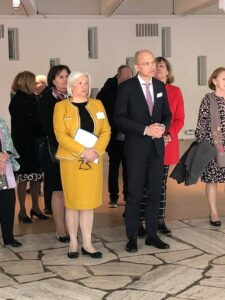
Forum of Slavic Cultures returns to UNESCO
The international foundation Forum of Slavic Cultures in collaboration with partner institutions put on the exhibition Women and the Great War. The opening ceremony took place in cooperation with Permanent Delegation of the Republic of Slovenia to UNESCO at the UNESCO palace in Paris. The exhibition will be on show until 15 April 2019.
STORY
The FSK joined the first gatherings of archivists from Slavic countries since 2010, when they took place at the initiative of Peter Pavel Klasinc. The meetings took place in Ljubljana, Lipica and Trieste, providing archivists the opportunity to share their experience.
As it is FSK’s mission to innervate the creativity of Slavic cultures, bring together institutions and individuals, the FSK made the first step toward bringing together archives from the Slavic region in 2013 with first integration project, the joint exhibition Slavic Capitals in 2D (which opened at the UNESCO headquarters in Paris).
The Together project started in 2015 in Ljubljana (Slovenia) with the first international conference of State Archive from Slavic countries.

